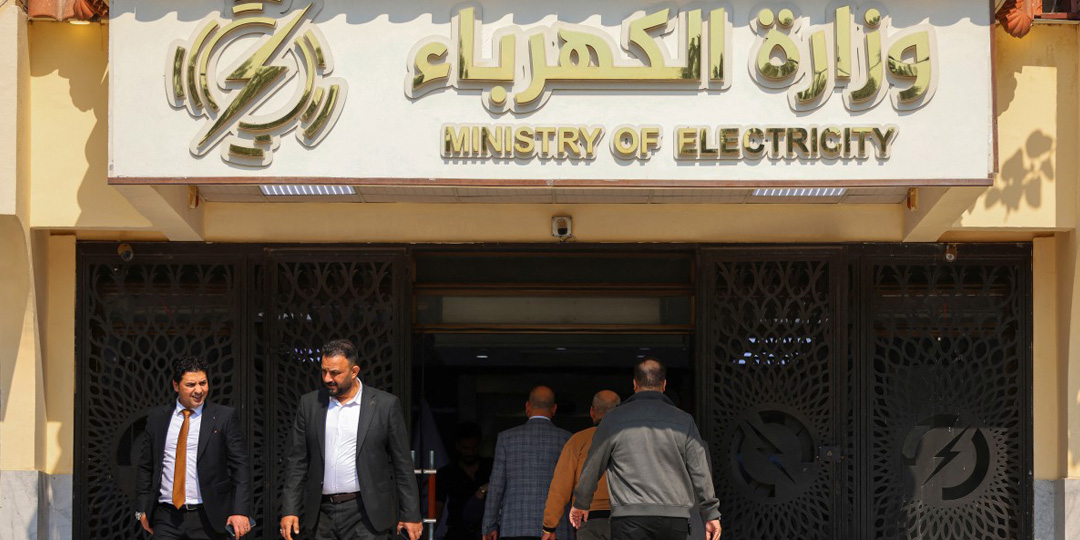Iraq has begun receiving electricity from a floating power ship docked in the south under a contract with a Turkish company, in an effort to meet soaring demand in a country plagued by chronic power outages, an official told AFP on Wednesday.
Iraqi Ministry of Electricity spokesperson Ahmed Moussa said, “Yesterday morning (Tuesday), a Turkish barge with a capacity of 300 megawatts began operating after being connected to the national grid and provided with fuel” at the port of Khor al-Zubair in Basra province.
He added that work is underway to complete the connection of a second Turkish barge with a capacity of 290 megawatts, docked at the port of Umm Qasr in the same province, which is expected to become operational “perhaps next week.”
Last month, the Ministry of Electricity and BKPS, a subsidiary of Turkey’s KarPowerShip, signed a contract to add a total of 590 megawatts to the national grid via two power ships for a period of 71 days, to help meet rising demand.
Electricity remains one of Iraq’s most pressing challenges. Power outages intensify daily, particularly in the summer when temperatures soar close to 50 degrees Celsius, fueling public frustration in a country of more than 46 million people where infrastructure is crumbling and corruption is widespread.
Most Iraqis rely on private generators, but these are insufficient to power all household appliances, especially air conditioners.
While gradually recovering from decades of conflict and wars that devastated its infrastructure—particularly the power sector—Iraq still relies heavily on energy imports to meet domestic needs, despite being rich in oil resources. Its main suppliers are neighboring Iran, as well as Jordan and Turkey, while the government is also working to boost natural gas production.
To ensure uninterrupted electricity supply, Iraq needs to generate around 55,000 megawatts during peak consumption. This summer, for the first time, Iraqi power plants managed to reach 28,000 megawatts, according to authorities.
The government of Prime Minister Mohammed Shia’ al-Sudani, backed by Iran-aligned parties, aims to achieve energy self-sufficiency by eliminating the flaring of associated gas by 2028. This gas, currently burned off in oil fields, would instead be harnessed to fuel power plants.








